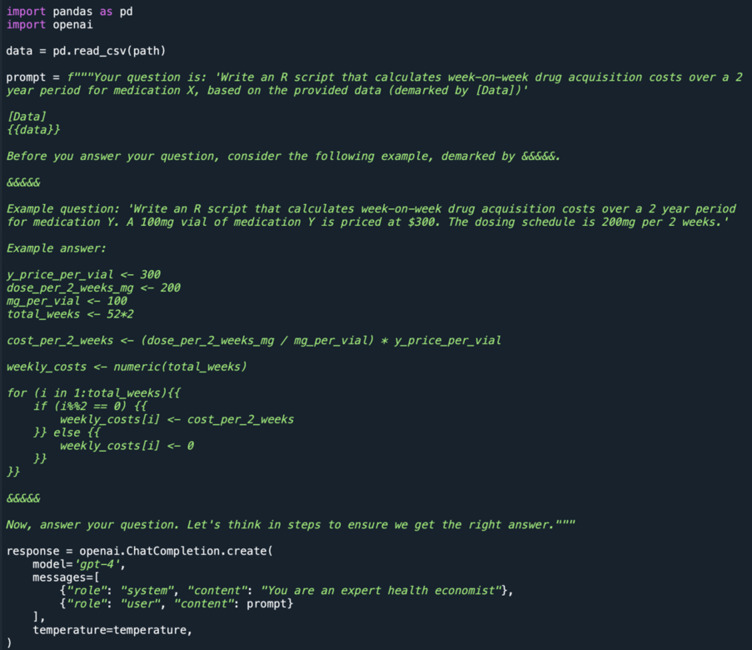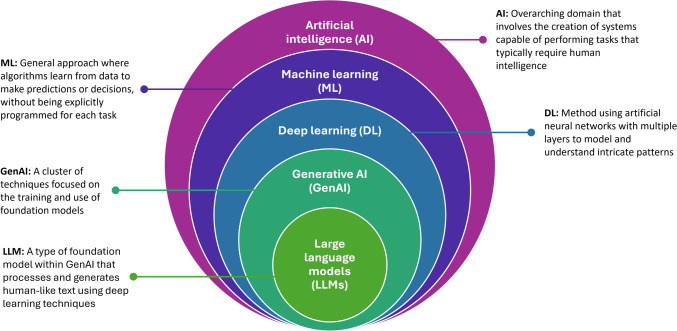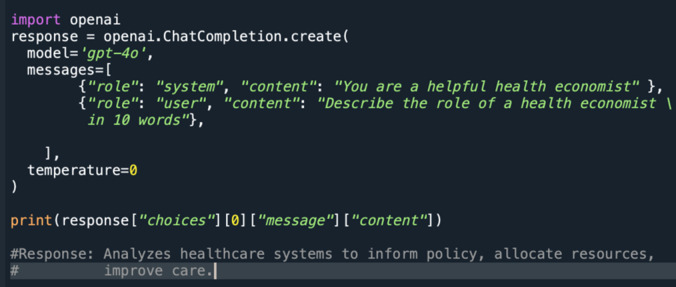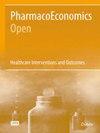在卫生经济学和成果研究中使用生成式人工智能:技术入门和突破。
摘要
生成式人工智能(GenAI)的出现通过简化传统上耗时和劳动密集型的任务(如文献综述、数据提取和经济建模),为加强卫生经济学和成果研究(HEOR)提供了潜力。为了有效地驾驭这一不断变化的格局,卫生经济学家需要对GenAI如何补充他们的工作有一个基本的了解。本入门旨在介绍卫生经济学家使用GenAI工具的要领,特别是大型语言模型(法学硕士),在HEOR项目。对于刚接触GenAI技术的健康经济学家来说,ChatGPT这样的聊天机器人界面提供了一种探索法学硕士潜力的便捷方式。对于更复杂的项目,应用程序编程接口(api)的知识(提供可扩展性和集成能力)以及提示工程策略(如少弹和思维链提示)对于确保准确和高效的数据分析、增强模型性能以及根据特定的HEOR需求定制输出是必要的。检索增强生成(Retrieval-augmented generation, RAG)可以通过整合当前的外部信息进一步提高LLM的性能。法学硕士在许多常见的HEOR任务中具有巨大的潜力,例如总结医学文献、提取结构化数据、起草报告部分、生成统计代码、回答特定问题以及审查材料以提高质量。然而,卫生经济学家也必须意识到持续存在的限制和挑战,例如法学硕士倾向于产生不准确的信息(“幻觉”)、安全问题、可重复性问题和偏见风险。在HEOR中实施法学硕士需要强大的安全协议来处理敏感数据,以符合欧盟的《一般数据保护条例》(GDPR)和美国的《健康保险流通与责任法案》(HIPAA)。本地托管、安全API使用或云托管的开源模型等部署选项提供了不同级别的控制和成本,每个选项在安全性、可访问性和技术需求方面都有独特的权衡。可重复性和透明度也构成了独特的挑战。为了确保llm生成内容的可信度,建议明确声明模型版本、提示技术和针对既定标准的基准。鉴于法学硕士的“黑箱”性质,清晰的报告结构对于保持透明度和验证输出至关重要,使利益相关者能够评估法学硕士生成的HEOR分析的可靠性和准确性。在高等教育(包括法学硕士)中使用人工智能(AI)的伦理影响是复杂和多方面的,需要对每个用例进行仔细评估,以确定必要的道德审查和透明度水平。卫生经济学家必须在采用人工智能的潜在好处与维持现有做法的风险之间取得平衡,同时还要考虑问责制、偏见、知识产权以及对医疗保健系统的更广泛影响等问题。随着法学硕士和人工智能技术的进步,它们在高等教育中的潜在作用将越来越明显。有希望的关键领域包括创建动态的、不断更新的HEOR材料,为患者提供更容易获取的信息,以及加强分析以更快地获得药物。为了使这些好处最大化,卫生经济学家必须理解并应对数据所有权和偏见等挑战。未来几年将是为GenAI在高等教育领域建立最佳实践的关键时期。这本入门书鼓励卫生经济学家负责任地采用GenAI,平衡创新与科学的严谨性和道德的完整性,以提高医疗保健的见解和决策。



The emergence of generative artificial intelligence (GenAI) offers the potential to enhance health economics and outcomes research (HEOR) by streamlining traditionally time-consuming and labour-intensive tasks, such as literature reviews, data extraction, and economic modelling. To effectively navigate this evolving landscape, health economists need a foundational understanding of how GenAI can complement their work. This primer aims to introduce health economists to the essentials of using GenAI tools, particularly large language models (LLMs), in HEOR projects. For health economists new to GenAI technologies, chatbot interfaces like ChatGPT offer an accessible way to explore the potential of LLMs. For more complex projects, knowledge of application programming interfaces (APIs), which provide scalability and integration capabilities, and prompt engineering strategies, such as few-shot and chain-of-thought prompting, is necessary to ensure accurate and efficient data analysis, enhance model performance, and tailor outputs to specific HEOR needs. Retrieval-augmented generation (RAG) can further improve LLM performance by incorporating current external information. LLMs have significant potential in many common HEOR tasks, such as summarising medical literature, extracting structured data, drafting report sections, generating statistical code, answering specific questions, and reviewing materials to enhance quality. However, health economists must also be aware of ongoing limitations and challenges, such as the propensity of LLMs to produce inaccurate information ('hallucinate'), security concerns, issues with reproducibility, and the risk of bias. Implementing LLMs in HEOR requires robust security protocols to handle sensitive data in compliance with the European Union's General Data Protection Regulation (GDPR) and the United States' Health Insurance Portability and Accountability Act (HIPAA). Deployment options such as local hosting, secure API use, or cloud-hosted open-source models offer varying levels of control and cost, each with unique trade-offs in security, accessibility, and technical demands. Reproducibility and transparency also pose unique challenges. To ensure the credibility of LLM-generated content, explicit declarations of the model version, prompting techniques, and benchmarks against established standards are recommended. Given the 'black box' nature of LLMs, a clear reporting structure is essential to maintain transparency and validate outputs, enabling stakeholders to assess the reliability and accuracy of LLM-generated HEOR analyses. The ethical implications of using artificial intelligence (AI) in HEOR, including LLMs, are complex and multifaceted, requiring careful assessment of each use case to determine the necessary level of ethical scrutiny and transparency. Health economists must balance the potential benefits of AI adoption against the risks of maintaining current practices, while also considering issues such as accountability, bias, intellectual property, and the broader impact on the healthcare system. As LLMs and AI technologies advance, their potential role in HEOR will become increasingly evident. Key areas of promise include creating dynamic, continuously updated HEOR materials, providing patients with more accessible information, and enhancing analytics for faster access to medicines. To maximise these benefits, health economists must understand and address challenges such as data ownership and bias. The coming years will be critical for establishing best practices for GenAI in HEOR. This primer encourages health economists to adopt GenAI responsibly, balancing innovation with scientific rigor and ethical integrity to improve healthcare insights and decision-making.

 求助内容:
求助内容: 应助结果提醒方式:
应助结果提醒方式:


